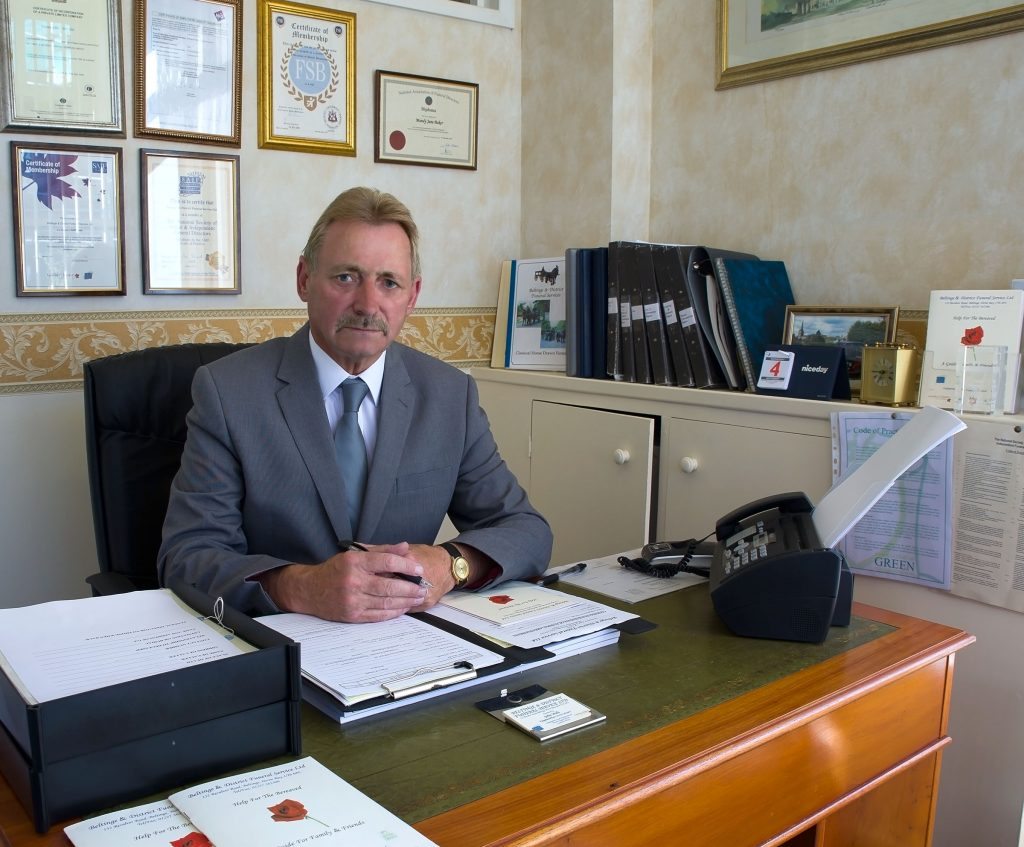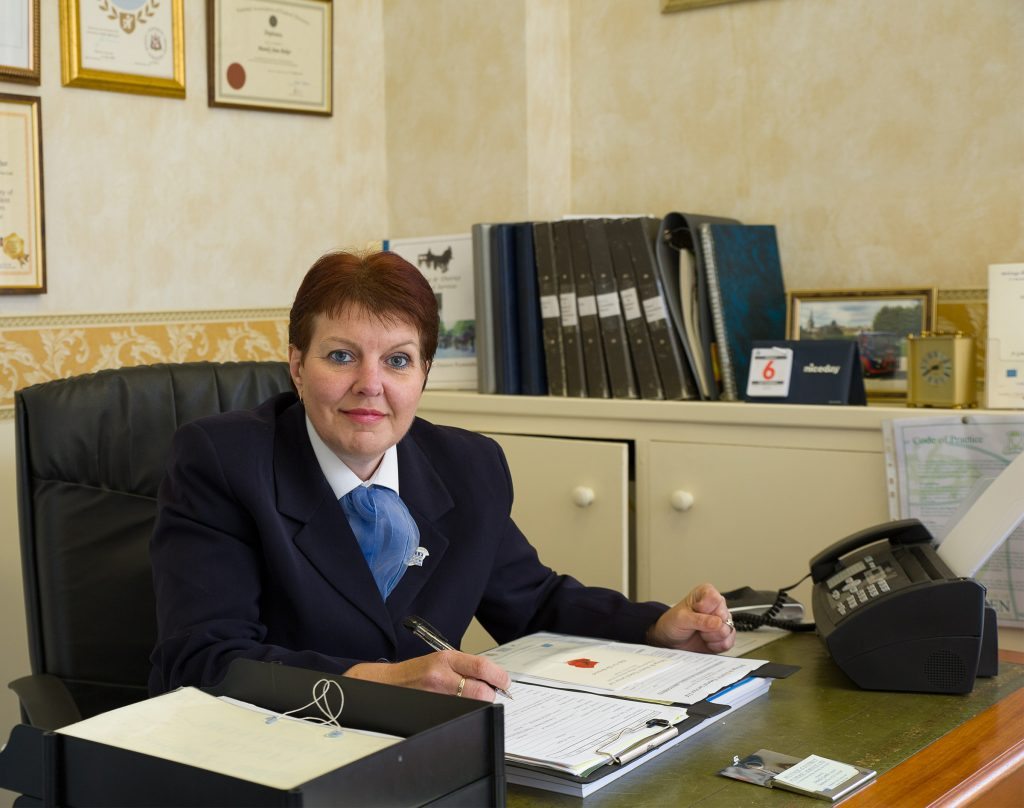
Our Services to you start either by you contacting us by telephone/email or calling into our office personally. You may also request a call back on our website. On initial contact we will ask for preliminary details regarding the deceased and yourself. Where did the deceased pass away?
At home, in a nursing home or hospital? Once these details have been established, we will make arrangements to either visit you in the comfort of your own home or you may wish to come into our office to arrange the funeral.
During this time we will advise on all services that we can provide for your loved one, ensuring all your needs and requirements are fully met. Once everything has been finalised and we either visit you at your home or you come to us, we will ensure that you know everything you need to know.
Costs & Charges
In all the aspects of the funeral, we will point out the procedure and legal requirements. Whilst arranging the funeral, we will advise on costs and charges to be incurred, culminating in a full written estimate that should be agreed and signed, so that you can feel confident with the funeral arrangements you have made. The funeral account itself is split into two parts; the funeral directors charges and disbursements. Disbursements are fees we pay on your behalf such as Crematorium fees, Cemetery fees, Minister’s fees, Officiant’s fees, Doctor’s fees etc.
When Death Occurs
When death occurs in one of the below locations, apply to the deceased’s doctor for the Medical Certificate of Cause of Death, unless there is a referral to the Coroner.
- Nursing Home
- Residential Home
- Retirement Home
If Death Occurs at Home
Inform the doctor as soon as possible of the death. He/she may write out the Medical Certificate of Cause of Death when he/she visits the house, or may request you to attend the surgery for this purpose.
If Death Occurs in a Hospital
When death occurs in hospital, the procedure is very similar. Apply to the hospital for the Medical Certificate of Cause of Death, not your family doctor.
The Coroner
(Due to the Coronavirus Pandemic some information may change, please contact us for guidance)

In certain circumstances a person’s death may be referred to the Coroner. The Coroner is a lawyer or a doctor who is responsible for investigating the cause of death. The law makes it clear which deaths must be reported to the Coroner.
These usually are:
- If the death is sudden or unexpected
- Industrially related
- Death is unknown
- Any suspicious circumstances surrounding the death
- When a Doctor is unable to issue a Medical Certificate of Cause of Death
These rules must always be followed. HM Coroner and his/her officers are working in your interest. HM Coroners Officer will make contact with you by telephone, advising you when the post-mortem examination will take place. Once this has taken place, HM Coroner’s Officer will keep you fully informed of their findings and will also inform the Registrar of the Cause of Death. You will then need to make an appointment to register the death.
Form 6 will be issued by HM Coroner to enable you to register and obtain any Certified Copies of an Entry of Death that you will need for all legal purposes. If an inquest is deemed necessary by HM Coroner, he/she will open an inquest, usually within 5 days following death or discovery of the deceased, take evidence of identification and any medical evidence and then will adjourn the inquest for at least a month, to allow further investigations to take place. He/She will issue the required certificate to enable the funeral to take place.
